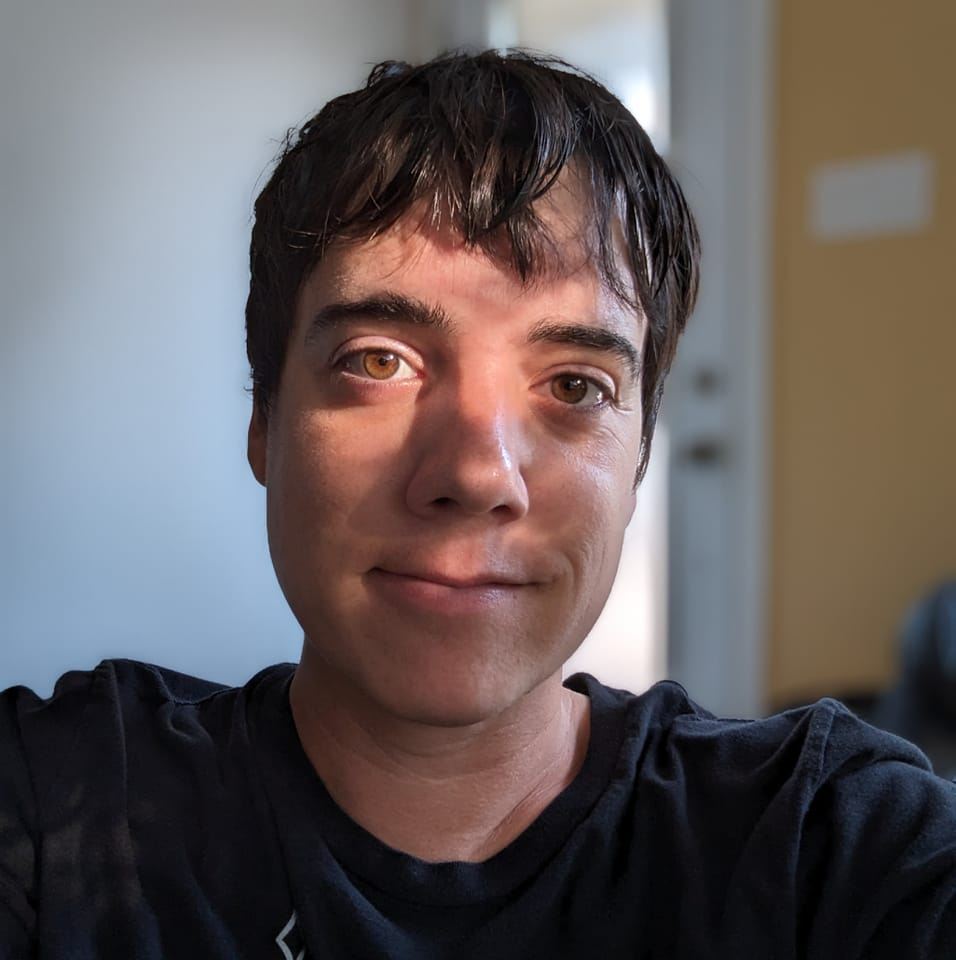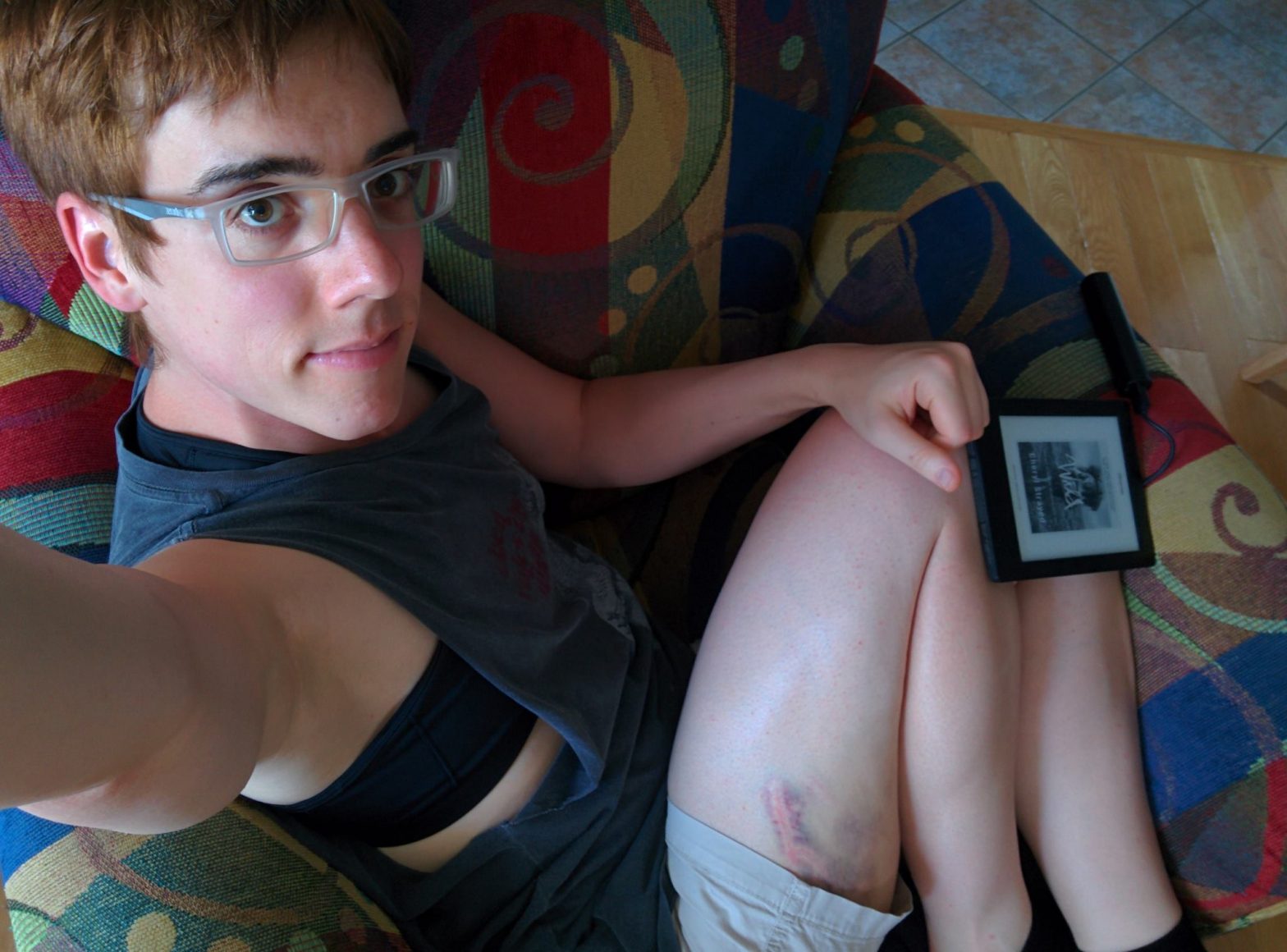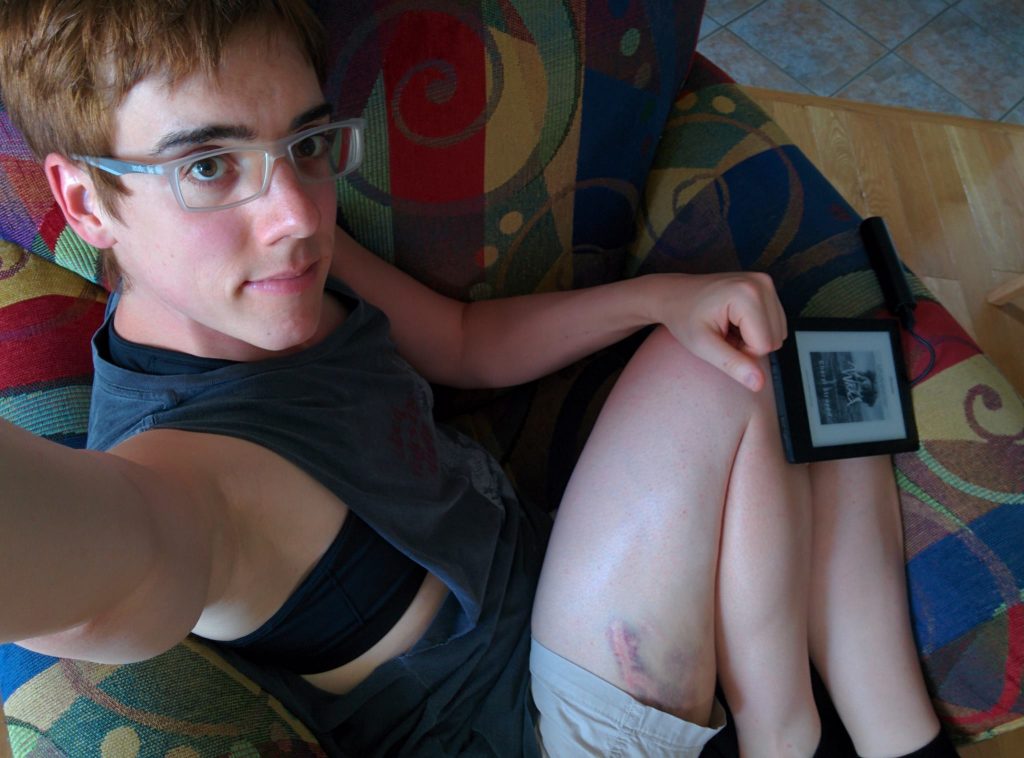I had heard about that adage come my 20th birthday. What I interpreted that expression to mean at that time and what it’s ultimately meant for me as I look back here on my 30th birthday are two very different things.
When I was 20, I thought that I was more or less the person I was going to be for the rest of my life. I expected to finish university and get a job with a decent pay for entry-level, a pension, and occasional raises. Enough to afford the middle-class lifestyle. I was going to make enough money to have a car and eventually a house. In a way that wasn’t too different to how I thought of the last two, I was also going to have a girlfriend. “Finding myself” meant getting to that life.
What I didn’t count on was for what I considered to be important to completely change. To grow up in a way that was perhaps more pronounced than the emotional growth I had accomplished between my 10th and 20th birthday.
Twenty year old me would be horrified and completely disheartened if it was known what my life would look like. No well paying job; for almost the entire decade I’d make less hourly than what 20 year old me was making during my summer job. No house; I’d live with four roommates by the close of my twenties. No car. No girl for the entire decade. A boyfriend for a good chunk – which would have horrified 20 year old me, but not as much as finding out I’d be trans.
I’m happy now. Happier than if I had gotten the house and car. I think that if I had had those things, it would have just acted as a buffer, to delay – perhaps indefinitely – any introspection and emotional growth.
Those changes didn’t happen because I wanted to. They happened out of necessity, after the rug was pulled from under me throughout my twenties.
First it was the job. I had taken a degree at university in a field I didn’t love because I thought it would secure me a career while keeping what I did love (coding) as a hobby. I did get a job out of university. But a few months later, the Great Recession hit. My degree became useless. For the six years that followed, I witnessed continuous lay-offs. I watched a single grandmother raising her grand child be told not to come in tomorrow, and being skeptical that she’d find a decent pay again. Staff were being told that they had to “volunteer” for a 20-40% pay cut. Failure to “volunteer” resulted in termination. I was asked to make software that would eliminate six jobs – under the understanding that not doing so would see my own employment terminated. These experiences reshaped how I thought about employment. Out of necessity, I had to question why I wanted things like a house and challenge my perceptions on what role work should have in my life.
During that same time I spent two years looking another job. I applied to over a hundred places. Nothing. I think only two of them ever got back to me. All my friends in the private sector were in similar situations, so I had little reason to think things would get better.
Much of the introspection that would lead to my realizations about my gender identity followed this helplessness I felt in terms of this place where I spent eight hours of my day. In the absence of all else, it forced me to focus on personal development, and making me happy through changes that I had the power to make. It didn’t introduce the idea of transition in my life but did accelerate it’s exploration and resolution.
This would lead to another big change, which is the physical aspect of self love. I can look at myself in the mirror and not see everything that’s wrong now. That only came after I was able to transition. It was also further enhanced by also finally finding a coping strategy for my anorexia that worked.
Going back to the idea of change happening due to necessity, some of the most important developments in my emotional growth can be attributed to my boyfriend of the time. My lack of emotional maturity was threatening my relationship.
I had inherited from my parents really bad conflict resolution skills. I remember my mom crying at the bottom of the stairs saying she was pushed. I remember my step-dad venting with his anger at me when I was a teen by telling me that he’d kick my ass. This way to handle anger was all I knew so I emulated that. My boyfriend challenged me on using these tactics, and ultimately I saw a therapist with him to among other things address how I handled conflict resolution. I walked away with tools that really helped me and that I use to this day.
It was also through my boyfriend that I learned that saying no when something wasn’t right for me was okay. I had come from a background where my agency was regularly disregarded and met with emotional manipulation. My capacity to say “no” was a casualty of that environment. As my boyfriend helped me see my self-worth, I was able to set and enforce boundaries. My mental health improved even more as a result. Unfortunately, not before I was molested by two older gay men. Being able to stand up for my “no” would have been useful then.
My boyfriend and I broke up and he became my best friend.
It was in my twenties that I came out, first as gay, then as trans. Being in this position forced me to question the things I had believed in in terms of what fair treatment of people looked like. As a straight white man, I thought most people making claims of discrimination were being unreasonable. I had never experienced discrimination, and projecting my own experiences on everyone, believed then that it was a made-up problem. I assumed that whatever issues they tossed up to discrimination was their own fault. “Real” discrimination was a thing of the past or happening in other countries. Doing anything to address this made-up problem of discrimination was what would be unfair. Reverse discrimination even.
Coming out first as a “faggot” and then as a “tranny” provided a harsh dose of reality.
It hit home when I witnessed those I love apply the same prejudiced beliefs I once held. What I saw as treating me with respect they regarded derisively as being “politically correct.” Familiar words. I finally started to listen to others when they spoke of their dealings with racism, sexism, transphobia, etc. I came to understand that the words of minorities about their own experiences were far more relevant than whatever someone that wasn’t part of that minority had to say. I stopped projecting my own experiences. I learned empathy. It allowed me to be a better person to others. I wish I could say I was a good enough person before to come about these realisations without being made to, but that’s not so.
So as I write this a few days after my thirtieth birthday, I can say that “finding myself” in my twenties was about growing up. Out of necessity more than anything. The expression suggests some finality, but this is still a work in progress.
What I can say is that I’m happy and much better person to both myself and others. I love myself now.
My thirtieth anniversary was rather subdued – I celebrated by buying DQ burgers and going to bed at 6 pm. But it was an important achievement – because I made it. I’m still alive, and that wasn’t a given as I was going through my twenties.
I think I’ll be okay now. I think that’s what my twenties gave to me – the growth I needed to know just that.


